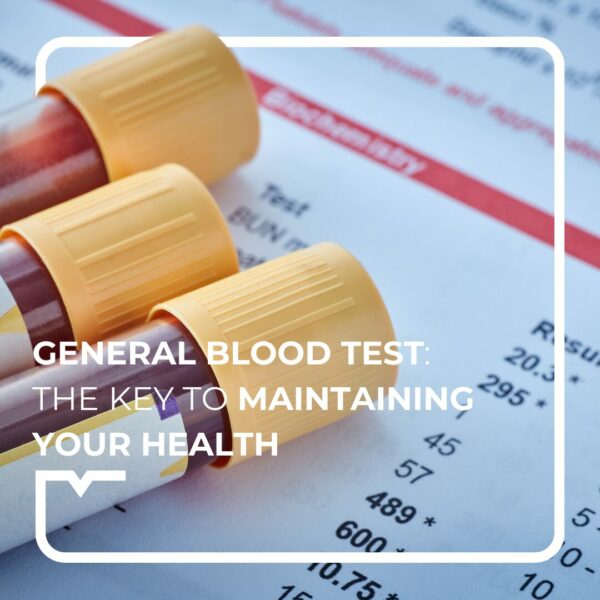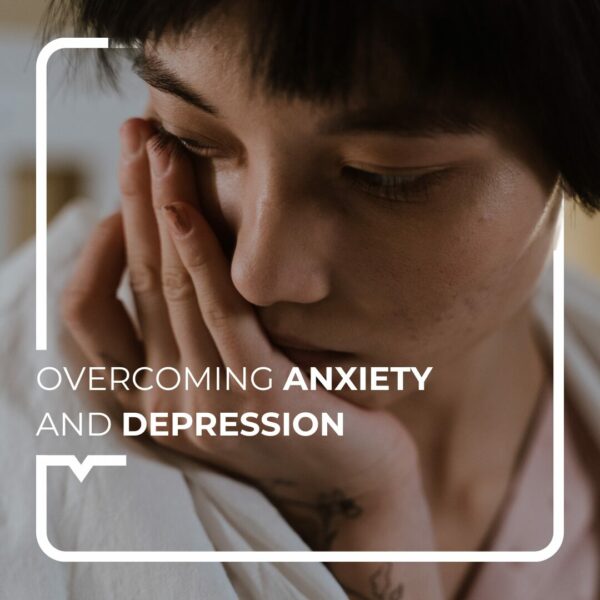Panick attack, how does it work?
An anxiety or panic attack is a phenomenon that can occur during a period of high anxiety. It comes from an automatic response of the nervous system when you feel in danger. This is why the attack is sudden and acute and can last from a few minutes to several hours. This is how it works:
The initial stress starts in the brain where the amygdala, the emotional area, sends a signal to the area that communicates with the rest of the body, the hypothalamus. It is this signal that activates the nervous system and commands a large amount of adrenaline. Your body is then ready to fight or flight. This stress reaction is the same for everyone. However, it can become problematic if it occurs without any real danger, because eventually the brain no longer distinguishes between real and perceived threats.
The symptoms of a panic attack
This state of crisis can be recognized by various psychological and physical symptoms. The person in crisis will experience intense fear and a feeling of immediate danger. This state is sometimes accompanied by uncomfortable physical sensations such as palpitations, tremors, or chest pain. These physical symptoms can make the person’s stress worse and they may feel as if they are losing control.
Who is likely to have a panic attack
While an estimated 20% of people will experience a panic attack in their lifetime, it is still difficult to understand the mechanisms of panic attacks. What we do know is that there are many biological, psychological, emotional, genetic, and cardio-respiratory factors involved. Women are more often affected than men.
Panic attack, how to prevent it?
Because of their unpredictable nature, there is no effective treatment to prevent anxiety attacks. However, appropriate care, whether or not it involves medication, can help the person with anxiety to manage their stress. Therapies such as hypnosis, sophrology, or psychology can help reduce the intensity and frequency of attacks.
At the time of the attack, it is best not to move and to breathe slowly through the stomach to avoid hyperventilation, for example in a paper bag, until the attack stops.
This information is not a substitute for medical advice. You must seek the advice of your doctor or another qualified health professional with any questions you may have regarding your health condition.
Find out about our specialities


